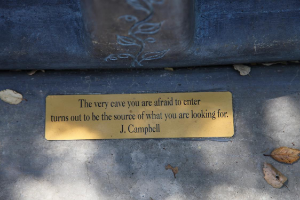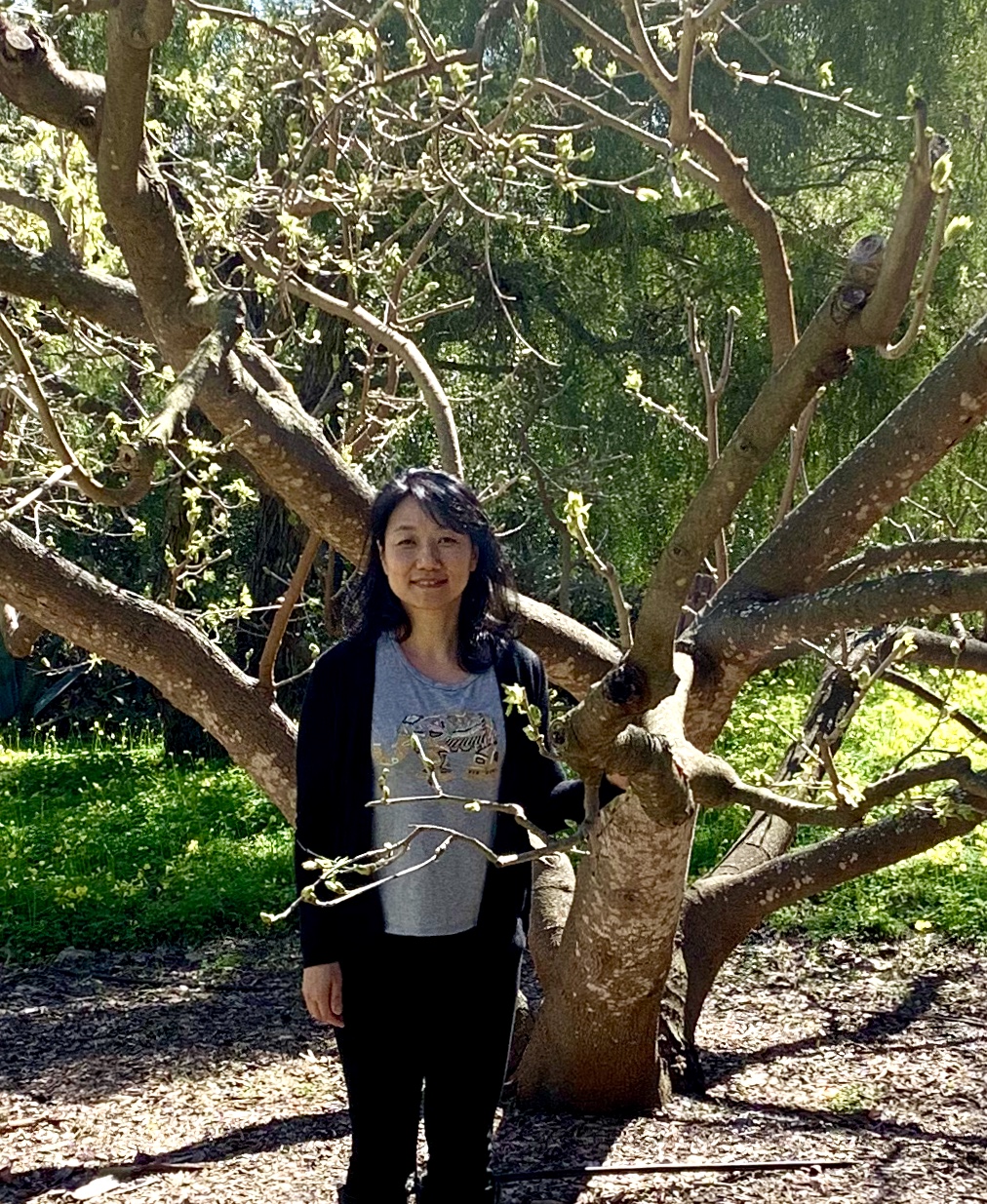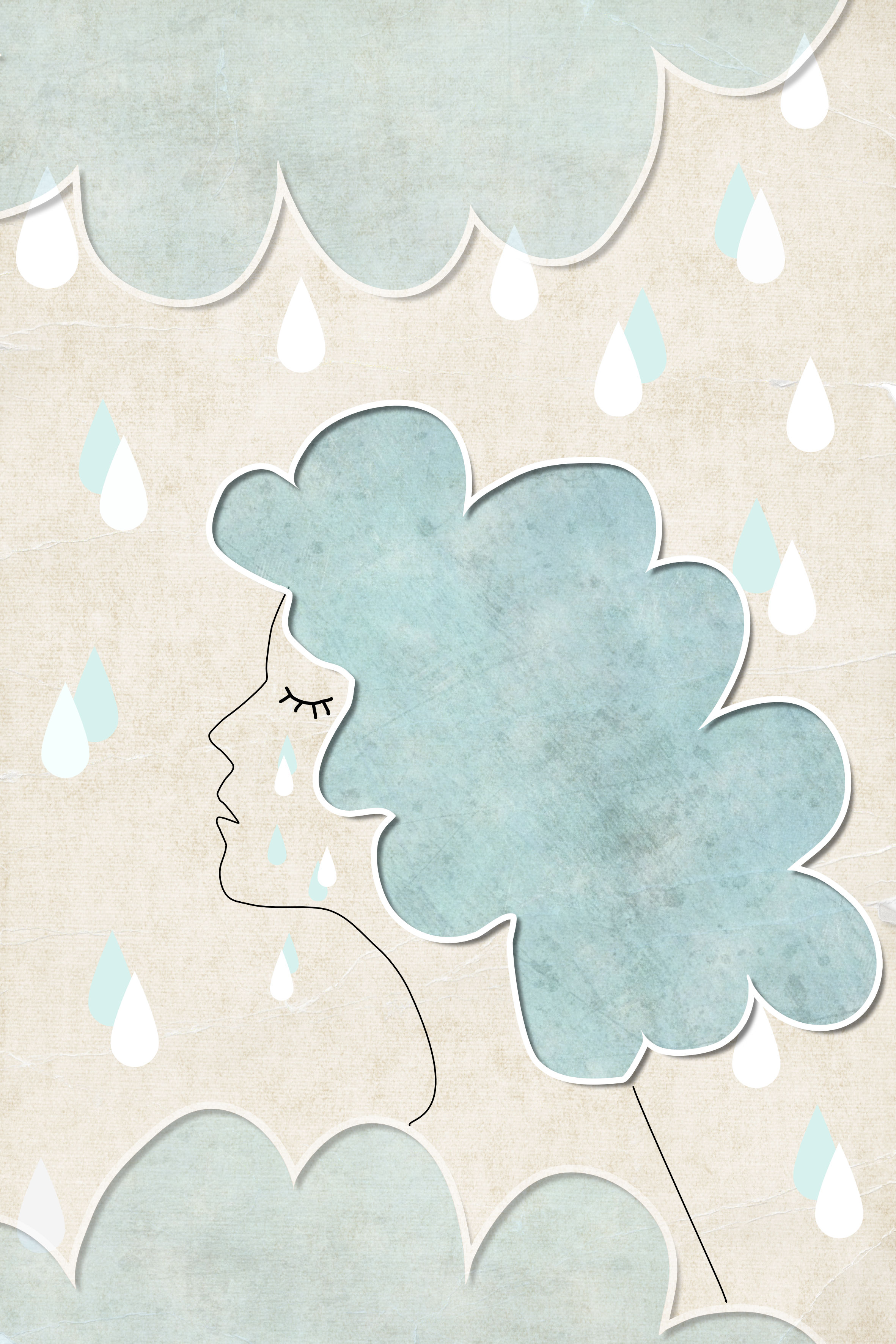A guest post by Bonnie Bright, Ph.D.
“Out of suffering have emerged the strongest souls; the most massive characters are seared with scars.” ― Kahlil Gibran
We are all intimately familiar with suffering. And, while we might wish it away when it is painfully present, it is a normal part of human life, Dr. Lionel Corbett, M.D., Jungian analyst and professor at Pacifica Graduate Institute reminded me when I recently sat down for a depth discussion with him on the topic.
Etymologically, the word “suffering” comes from two Latin roots: sub—meaning “under”—and ferre, meaning “to carry or bear,” as in “to bear a burden.” But suffering is not necessarily pathological, Lionel insists. The root of the word “suffer” is also the root of the English word “fertile,” so it is also related to the idea of bearing fruit. Psychologically, then, suffering can produce something; it’s not random or meaningless, nor merely something to get rid of. In reality, it can act as either a fertilizer or a poison. It can be harmful or it can be helpful, but we need a framework by which we can understand it.
Read More











